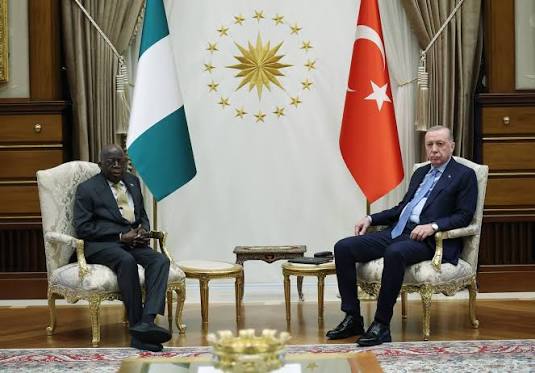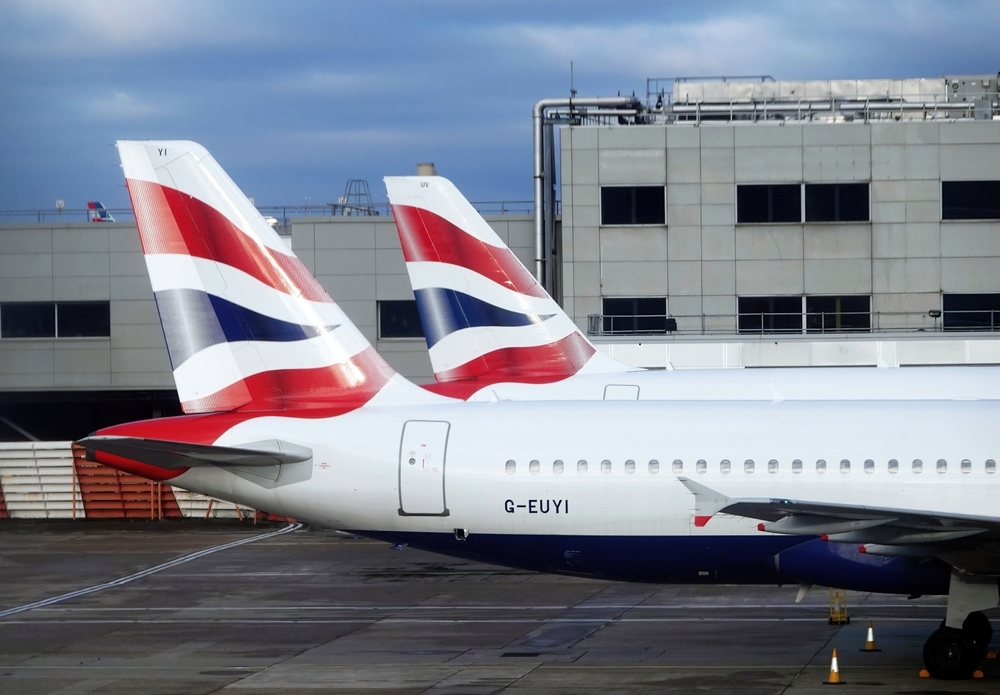Meta has announced a new collaboration with UNESCO to advance artificial intelligence (AI) by collecting speech recordings and transcriptions in diverse languages.
The initiative called the Language Technology Partner Program, aims to enhance AI speech recognition and translation models, which Meta plans to make openly available.
The program seeks partners capable of contributing over 10 hours of speech data, large volumes of written text, and translated sentence sets in underrepresented languages. Meta says participants will work closely with its AI teams to integrate these languages into advanced AI models.
Among the early partners is the government of Nunavut, a sparsely populated territory in northern Canada where many residents speak Inuktut, a group of Inuit languages.
“Our efforts are especially focused on underserved languages, in support of UNESCO’s work,” Meta stated in a blog post. “Ultimately, our goal is to create intelligent systems that can understand and respond to complex human needs, regardless of language or cultural background.”
As part of its broader language AI efforts, Meta is also releasing an open-source machine translation benchmark to evaluate AI translation models. Developed with linguists, the benchmark supports seven languages and will be available on the AI development platform Hugging Face.
While Meta presents these initiatives as philanthropic, the company stands to benefit significantly. Improving speech recognition and translation capabilities could enhance products like Meta AI, its AI-powered assistant, and features such as automatic translation for creators.
Meta has faced criticism over its handling of non-English content. Reports indicate that misinformation in languages like Spanish and Italian remains largely unmoderated compared to English. Internal documents also suggest that Arabic-language posts are frequently misclassified as hate speech.










